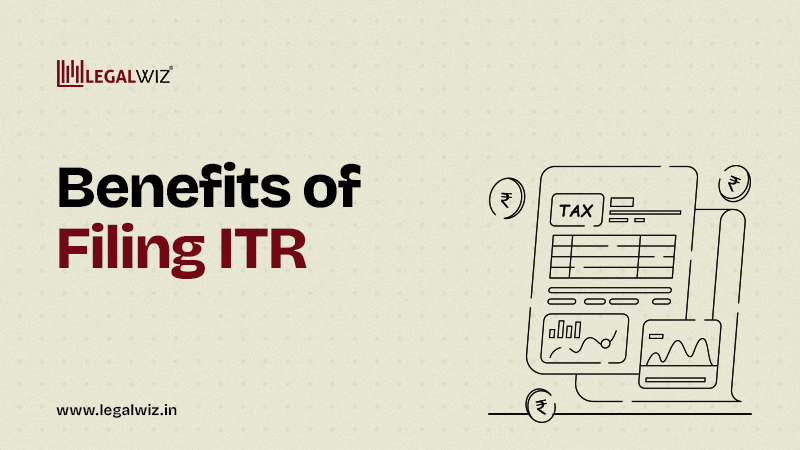Income Tax Return Filing
Get StartedWhat is Income Tax Return Filing?
The income earned by the individuals and businesses are subject to tax. The tax levied on the income of a person is Income tax, which is levied and collected by the Central Government. Such tax on income earned is payable in the same financial year wherein it is accrued in the form of advance tax. But the intimation and calculation of the income as well the tax liability is provided in the Assessment Year. This intimation form is called Income Tax Return. The form and time limit for filing ITR are different for different taxpayers based on the criteria.
Income Tax Return forms are recently modified, to simplify the user experience. But through these new or modified schedules, it is apparent that taxpayers are responsible to prove a claim of expenses, exemptions and deductions. Hence, online filing of income tax return requires assistance from experienced professionals to make sure the correct filing of your return.
Benefits of Income Tax Return Filing
Documents required for ITR filing
Need assistance? Don’t worry, experts are here to help!
Call us at: 1800 313 4151 or Email us: support@legalwiz.in
Types of ITR forms
Form for ITR filing are different based on type of income and business structure
File ITR in 3 Easy Steps
ITR filing Process
Explore Income Tax Return Filing
Frequently Asked Questions
Call us at: 1800 313 4151 or Email us: support@legalwiz.in
happy customers
Here’s what keeps us going strong.



